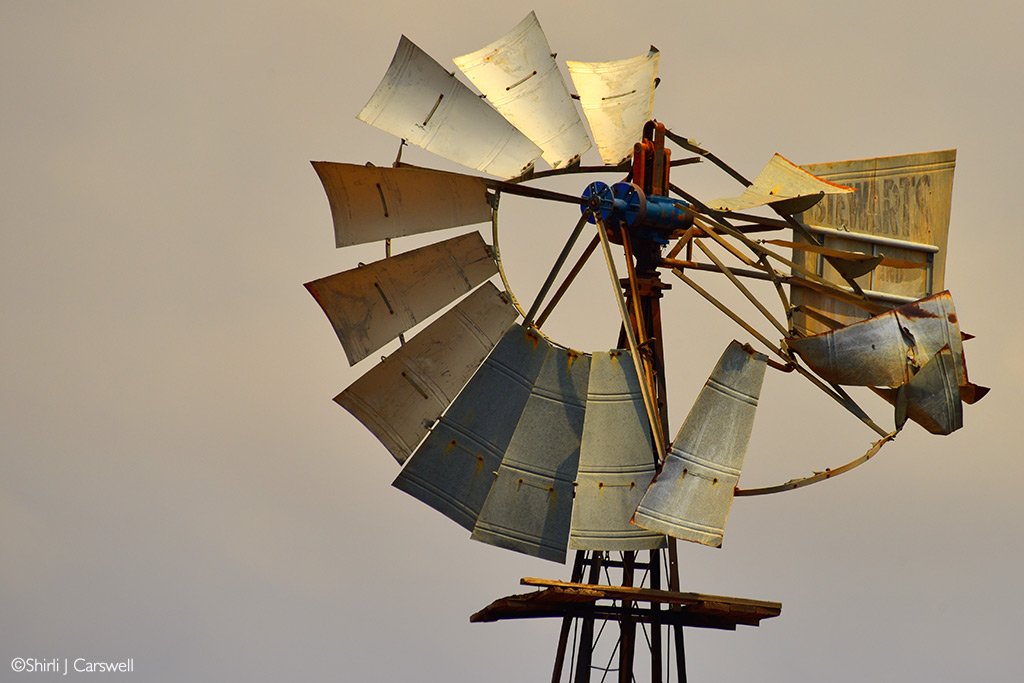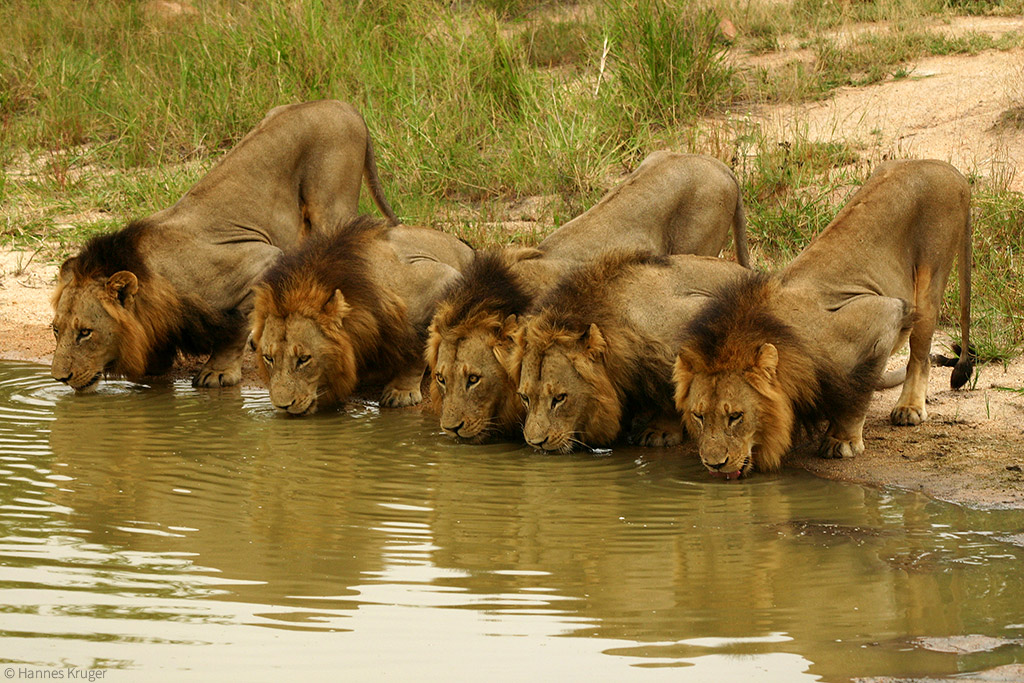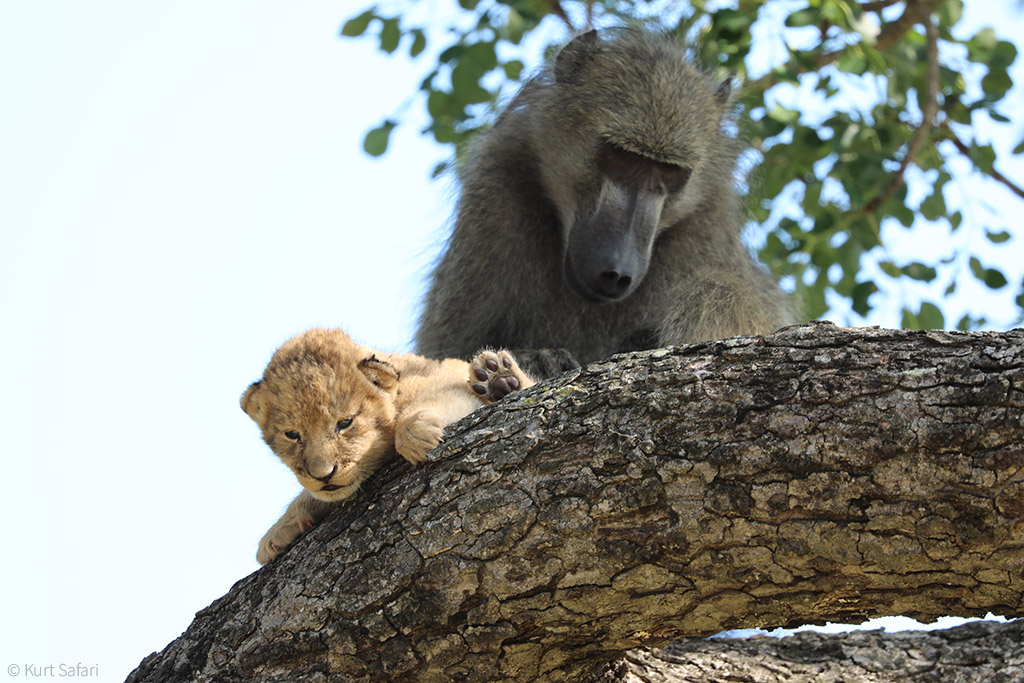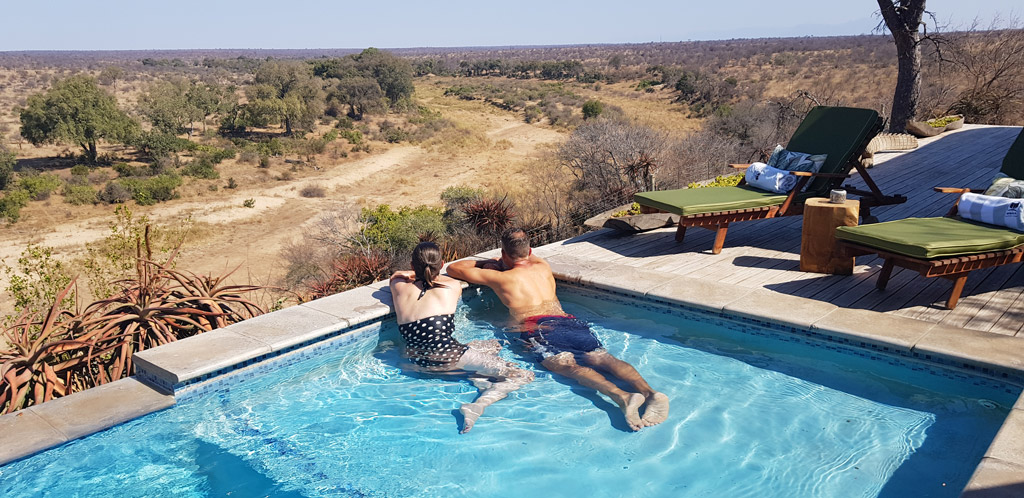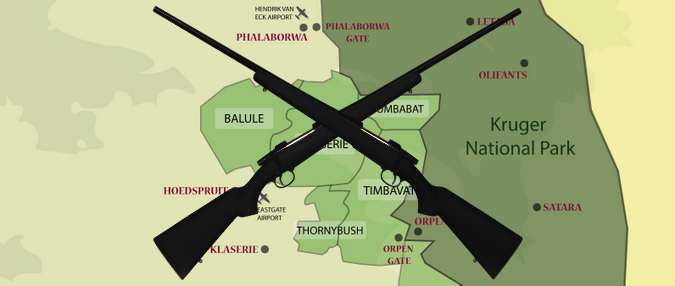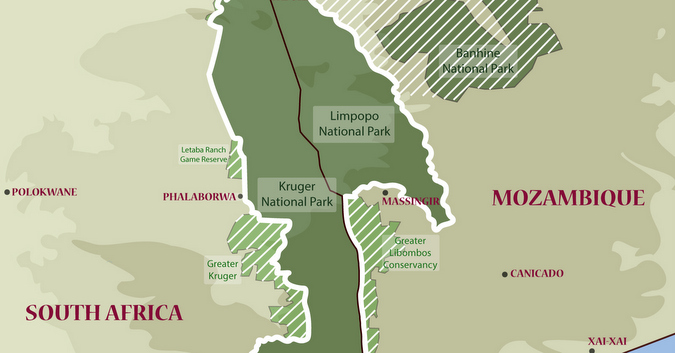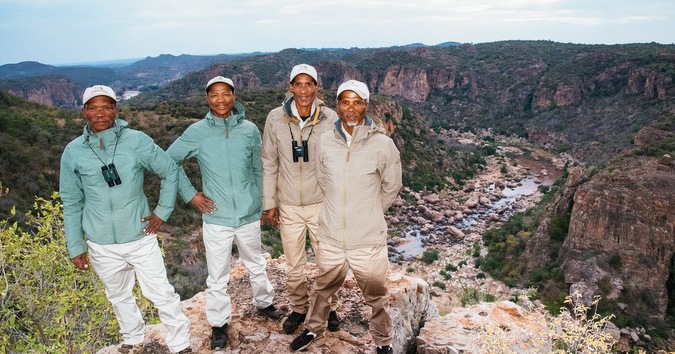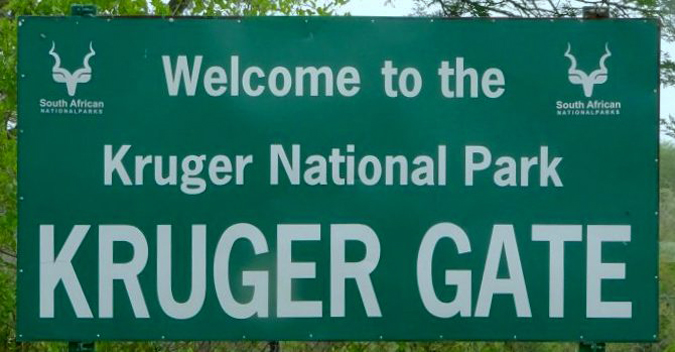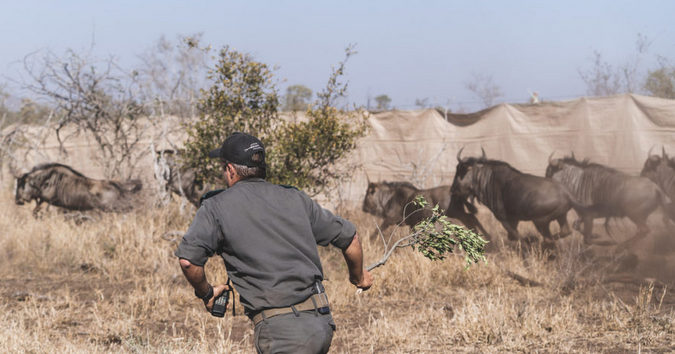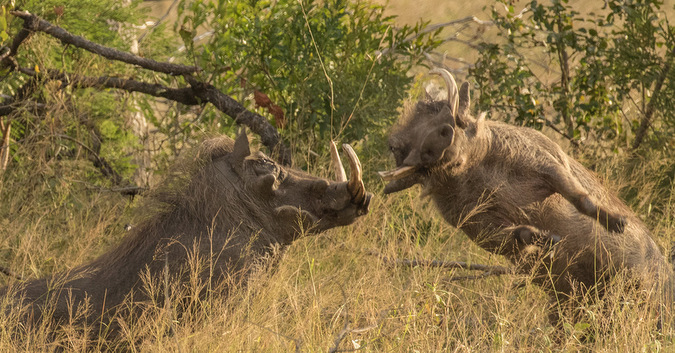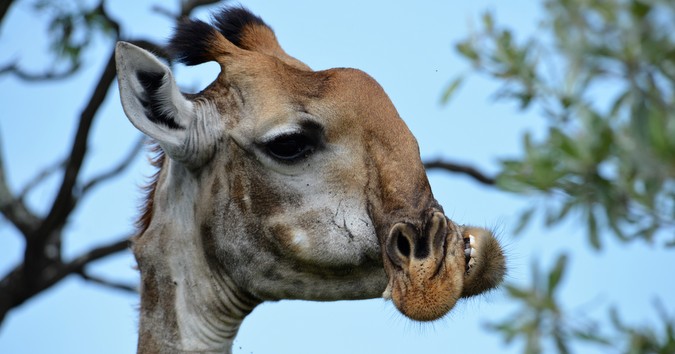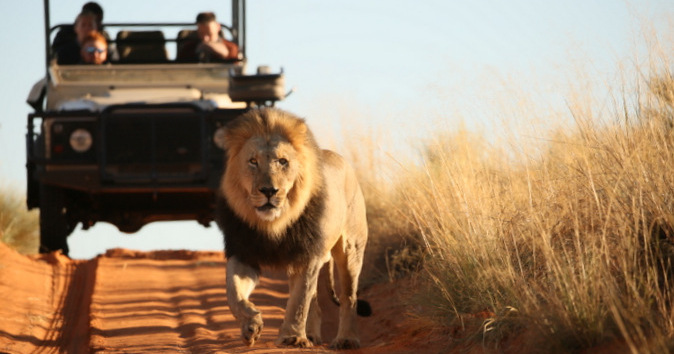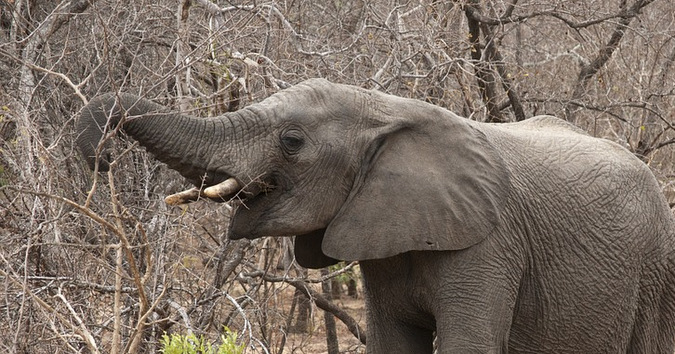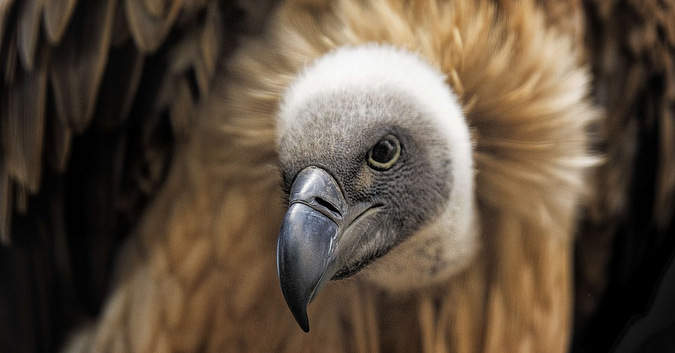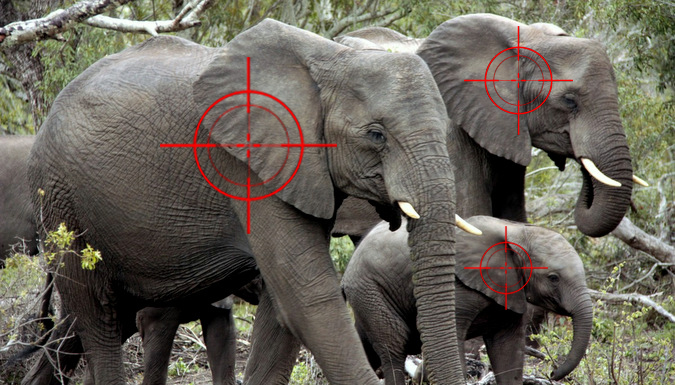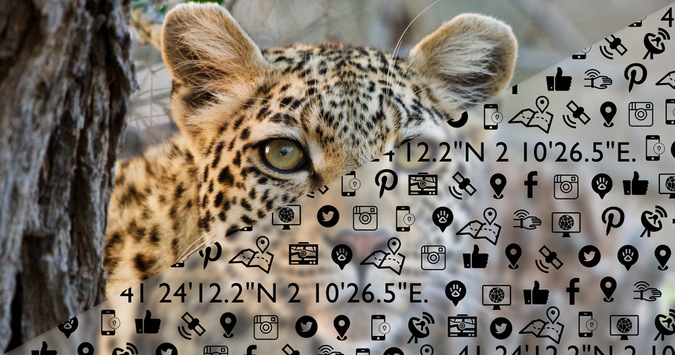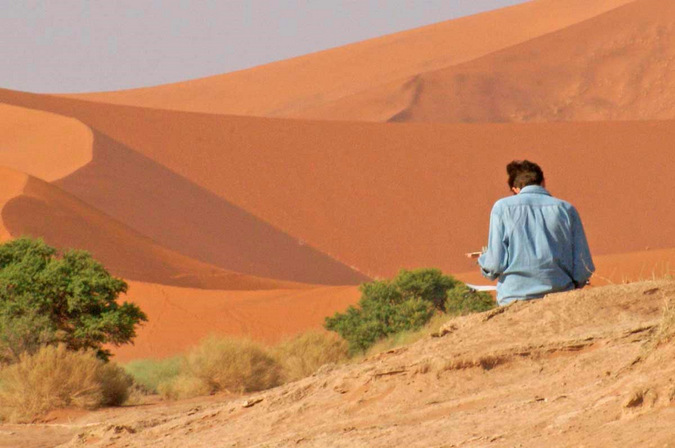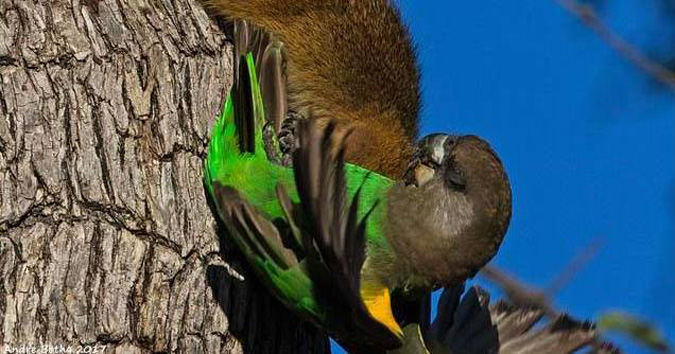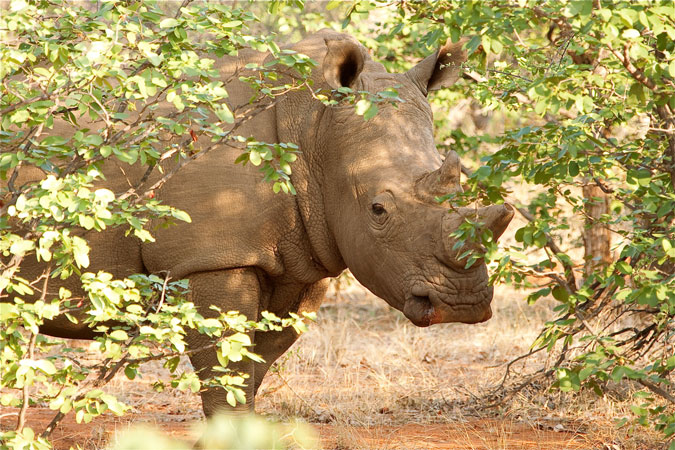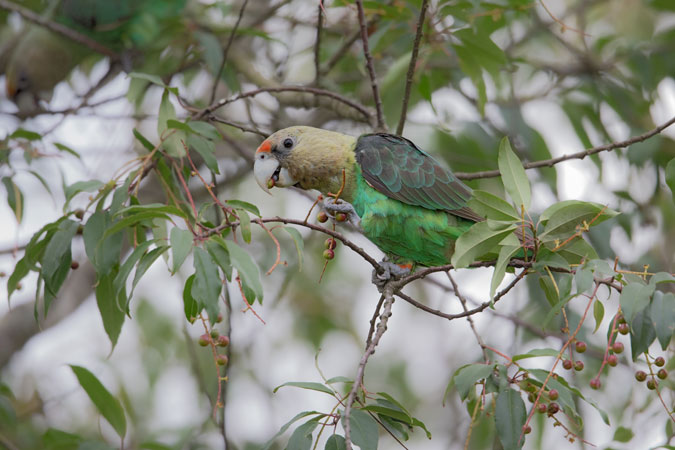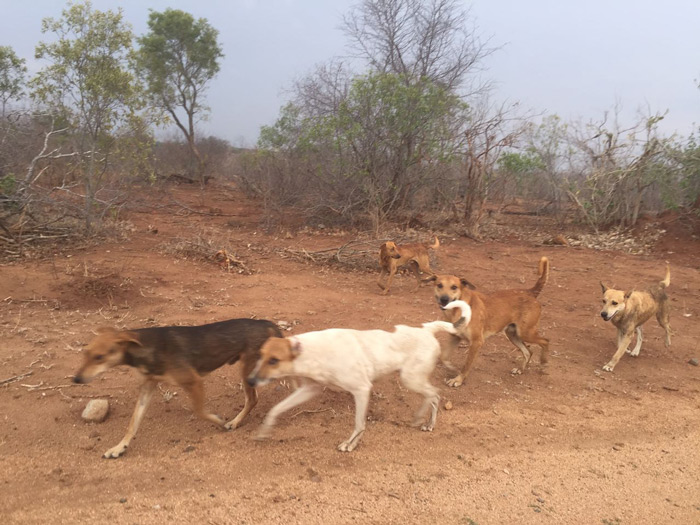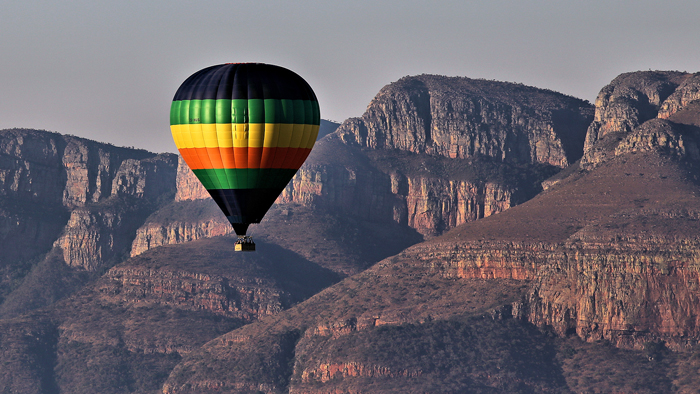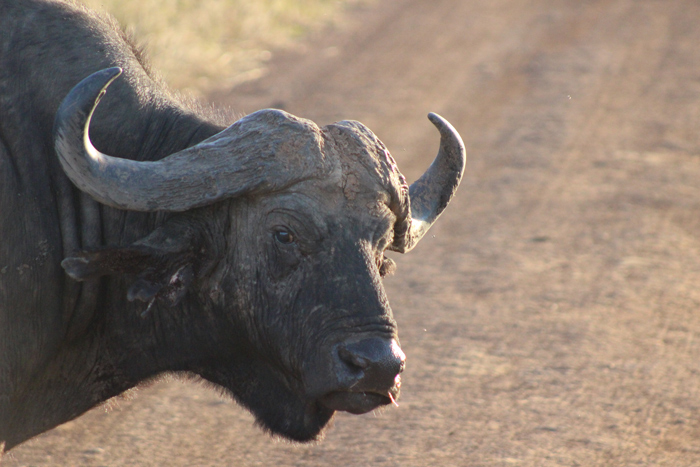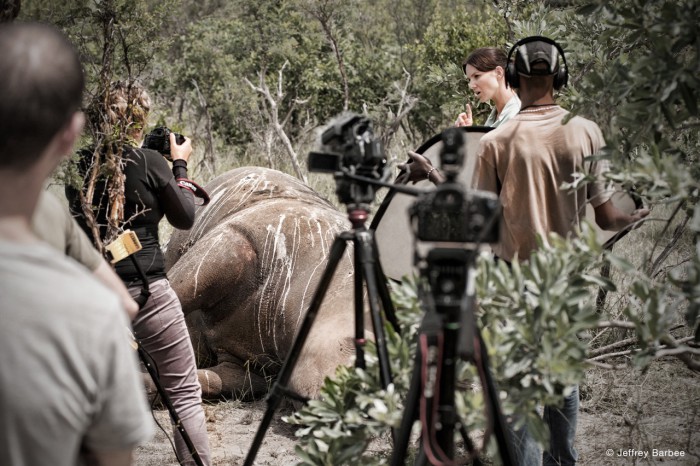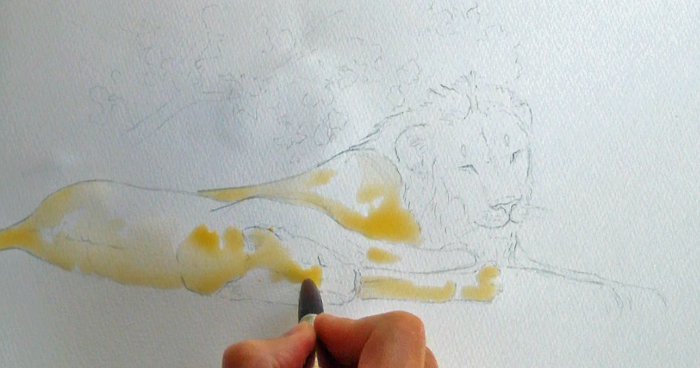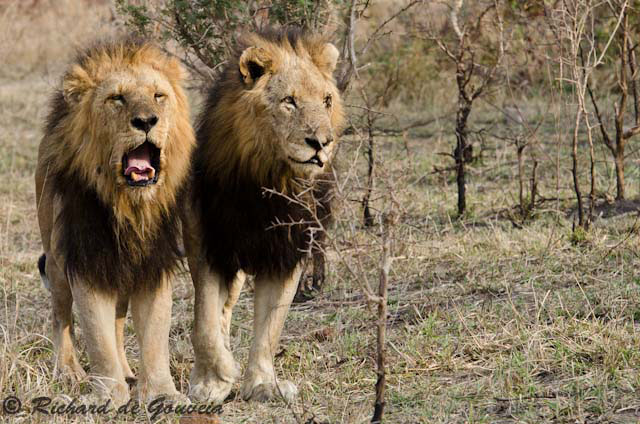Kruger waterhole problems are being reported, and it is not clear which waterholes are closed as per the Kruger ecosystem management plan
Tag Archives: Kruger National Park
Meet the lion coalitions & prides of the Greater Kruger
Meet the famous Mapogos and other celebrity lion coalitions of the Greater Kruger – the warriors, the courageous and the notorious.
Baboon kidnaps lion cub
A baboon kidnapped a tiny lion cub in the Kruger National Park, and was seen grooming the dying cub in a large tree
Greater Kruger
The ‘Greater Kruger’ refers to 344,000 hectares (860,000 acres) of protected land to the west of Kruger National Park that provides a larger area for wildlife to roam freely. This additional land is owned by private and local community property owners.
Opinion: Our CEO asks whether the trophy hunting industry could ruin Kruger’s big expansion plan
Our CEO asks whether the trophy hunting industry will bring the Greater Kruger to its knees.
Big news as Kruger National Park 10-year management plan approved by Minister
South Africa’s Acting Minister of Environmental Affairs Derek Hanekom has officially approved the ground-breaking and visionary 10-year Kruger National Park Management Plan.
Tracking with the Ju/’Hoansi Master Trackers in Kruger
The last three Master Trackers of the Ju/’hoanis from Nyae Nyae in Namibia were invited to the Kruger in South Africa to participate in some pioneering trails. They came to display their extraordinary tracking prowess to guests participating in walking trails. This is an account of their journey.
Skye the lion hunting furore: Parliament wants Kruger NP agreement with private reserves revised
Environmental Affairs committee believes agreement between Kruger National Park and private reserves should be revised.
Video: 500 animals journey from Kruger to Zinave
The past two months saw the translocation of zebra, blue wildebeest and impala from Kruger National Park in South Africa to Zinave National Park in Mozambique. The overall goal is to reintroduce 7,500 game animals in Zinave over the next five years and to date over 1,300 animals have been rewilded to the park.
Video: Battle of the boars
A field guide in the Kruger National Park witnesses an epic battle between to warthog boars.
Giraffe survives despite deformed jaw
Despite a deformed jaw, this giraffe cow has been able to adapt and survive in the Kruger National Park.
South Africa’s top tourist attractions
If there was a checklist for the perfect travel destination, South Africa would tick most of the boxes. Famed for its amazing wildlife and landscapes, superb local cuisine, warm hospitality and great weather, (plus the added bonus that its affordable) it’s easy to understand why tourism is so big in South Africa.
Decoding Kruger’s ‘Elephant Management Plan’
The Kruger National Park is vast, at about 2 million hectares, and requires a thorough management strategy in order to ensure long term sustainability. Part of that strategy, The Elephant Management Plan – compiled by Kruger management and Scientific Service – is currently in force, and covers the period 2013 to 2022.
49 Vultures poisoned near Kruger National Park
The poisoned bodies of nearly 50 vultures have been found by rangers in Mozambique‚ just a short distance from the boundary of the flagship Kruger National Park.
Kruger should cull 88% of its elephants, says hunter Ron Thomson
Celebrated hunter Ron Thomson believes that 88% of Kruger National Park’s elephants should be culled.
Kruger: Is this the technological future?
Presently, we are able to instantly globally share everything we see and hear in Kruger and just about every other destination on earth. Animal sightings and locations are given in real time and we are able to send photos and videos across a host of social media platforms.
Kruger: Impact of social media and mobile phones – good or bad?
Technology and social media have shaped the Kruger experience into something radically different from what it was ten years ago.
Materials for your art safari
Disasters involving art materials are nothing new to me after years of travelling and sketching in southern Africa.
Titanic battle between squirrel and parrot
On the morning of the 30th May, I witnessed a tussle between one of the current occupants of the nest, a brown-headed parrot pair, and a tree squirrel which dared to venture too close to the nest.
18% crash in Kruger white rhino population
Drought & poaching have reduced estimated white rhino numbers in South Africa’s Kruger National Park by 18% during the past year
Finding Africa’s rarest parrot – Cape Parrots in Magoebaskloof
A birding trip into the Magoesbaskloof in Limpopo, South Africa to find the Cape parrot – Africa’s rarest parrot
Pack of rogue domestic dogs chase animals in Kruger
A pack of domestic dogs have been seen in the Kruger National Park roaming the roads and chasing wild animals
All about the Kruger to Canyon Biosphere Region
Learn all about the Kruger to Canyons Biosphere Region – a small area of South Africa with so much to offer.
SANParks responds to Kruger off-takes
In line with its approved management plan, Kruger National Park is planning to sustainably harvest some of its wildlife in order to combat the effects of drought and distribute meat to disadvantaged communities.
STROOP – your chance to make a difference for rhinos
STROOP: Our CEO implores YOU to help ensure a controversial new documentary about rhinos is completed without censorship
How to sketch lions in watercolour
Artist Alison Nicholls demonstrates how she adds watercolour to a pencil field sketch.
The Magnificent Seven – Kruger’s giant elephants
The Magnificent Seven – Kruger National Park’s legendary giant bull elephants of yesteryear – are the stuff of fireside stories
The legend of the Mapogo lions
Sadistic tyrants or protective fathers? The legend of the Mapogo lions lives on many years after their disappearance

